The chaos in Dundee’s Kirkton area on Monday could easily prompt a rush to judgement about the people who live in the city’s schemes.
Lazy assumptions about working class communities are nothing new.
Neither are fantasies about “tough” policing being the answer to complex social issues at the root of crime.
Data shared by The Courier showed how the areas of Dundee where the trouble took place are among the most deprived in the UK.
But working class people aren’t bad, and it would be wrong for that data to lead to such an assumption.

They aren’t more inclined to crime or violence than their better off neighbours.
Neither do the majority want to see the chaos that those living in Kirkton had to put up with.
It would be a tragedy if these lazy assumptions about poor communities were the sum total of our response to that chaos.
We have to do better.
Crime in Kirkton is for politicians to address, not police officers
One fed up Police Scotland officer contacted me on Tuesday, frustrated at the political response to the riots in Kirkton.
“Politicians are asking what police are doing but we’re asking what politicians are doing,” he said.
“It’s not our job to fix the social crisis that causes this and most of what we deal with every day.”
It’s hard not to sympathise.
Day after day, police officers spend huge amounts of time responding to the symptoms of poverty, underfunding and social exclusion.
Not to mention the mental health crisis.
They do so at the expense of dealing with actual crime, in Kirkton and plenty of other places.
And can police alone really deal with the root cause of what happened on Monday night?
Officers say the majority of those involved were very young; some aged only 12.
They are responsible for horrible scenes, and deserve to be held accountable.
But how can a real difference be made?
It would be easy to call for jail time, but we know the recidivism rates for those who spend time in prison.
Statistics repeatedly show young people who enter Scotland’s criminal justice system are more likely than not to spend the rest of their life in and out of courts.
Tackle cause of crime, not the symptoms
The solution, as I see it, has to go beyond being “tough on crime”.
And experts agree.
In 2021, the retiring head of Merseyside Police said if he had £5 billion he would spending 20% on policing and the rest of slashing poverty rates.
Finding a solution to what happened in Kirkton relies on the council, the NHS, and our education system, so much more than it does the police.
Areas of deprivation need investment and care; intervention at a young age to give people alternatives and opportunities.
They need a well-funded, community centred NHS that tackles health inequalities and confronts issues like mental health and addiction in a serious way.
And they need an education system that doesn’t allow the postcode you are born in have such a malign impact on the opportunities you can expect when you leave school.
Or we could lock them up and write them off.
Say “it’s what you expect from the schemes”.
But what a waste that would be.
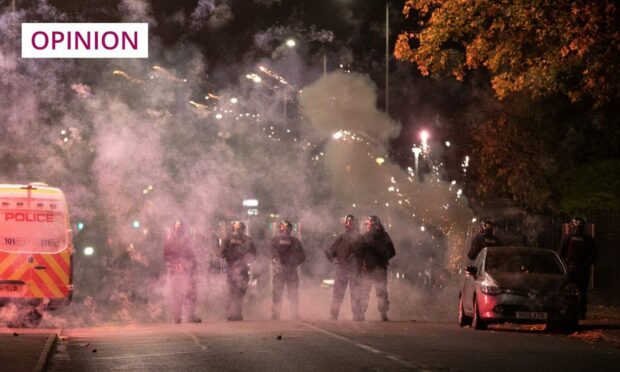
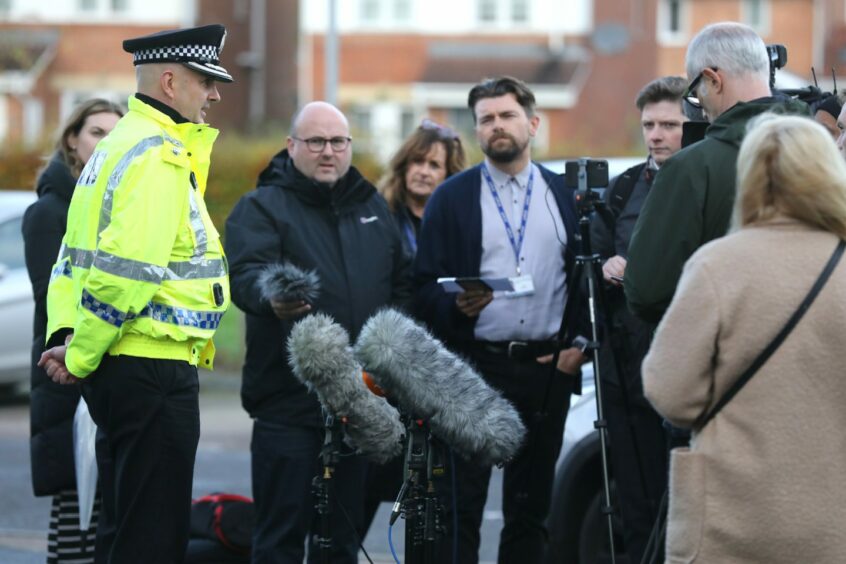
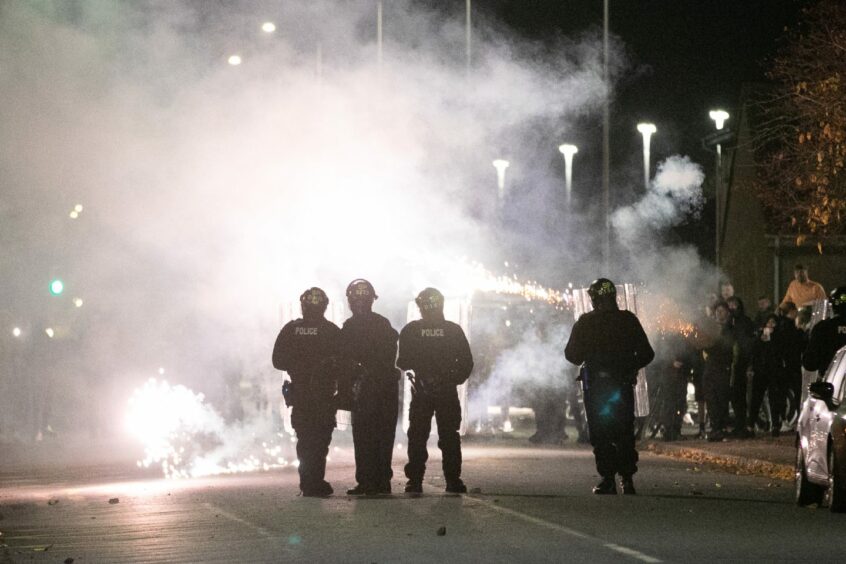
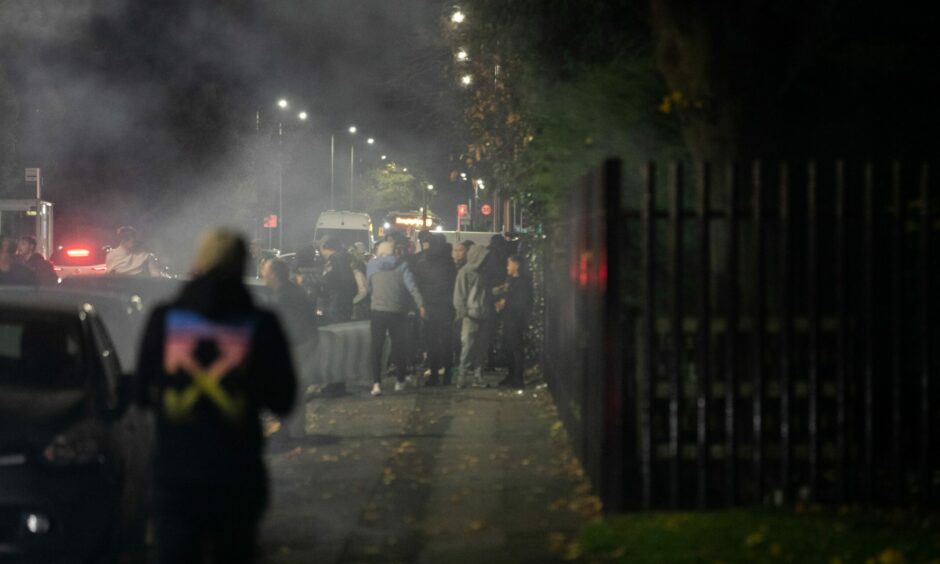
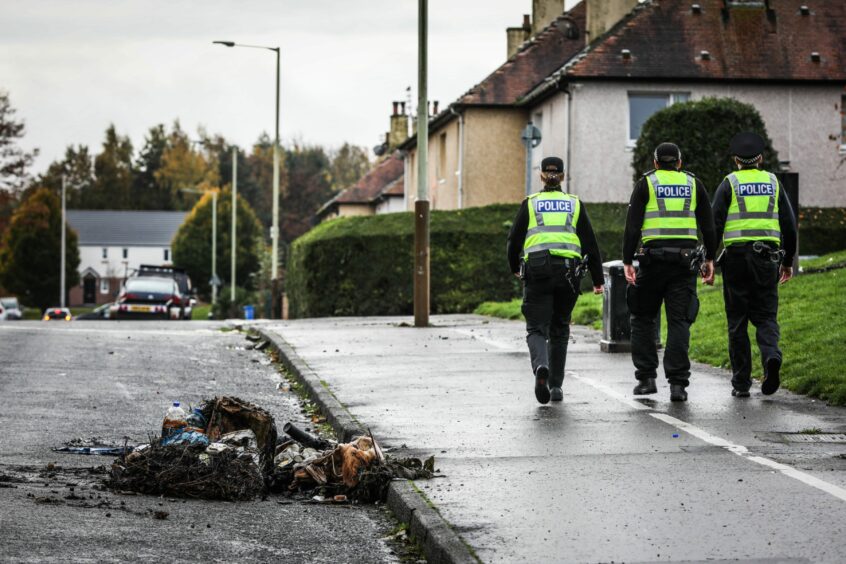










Conversation